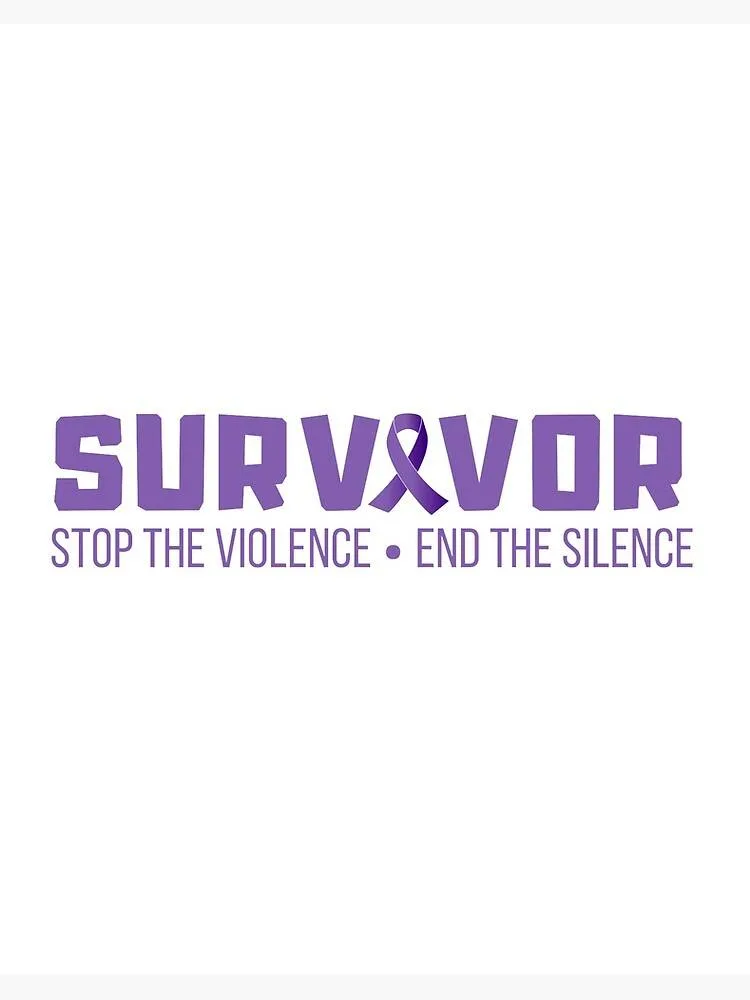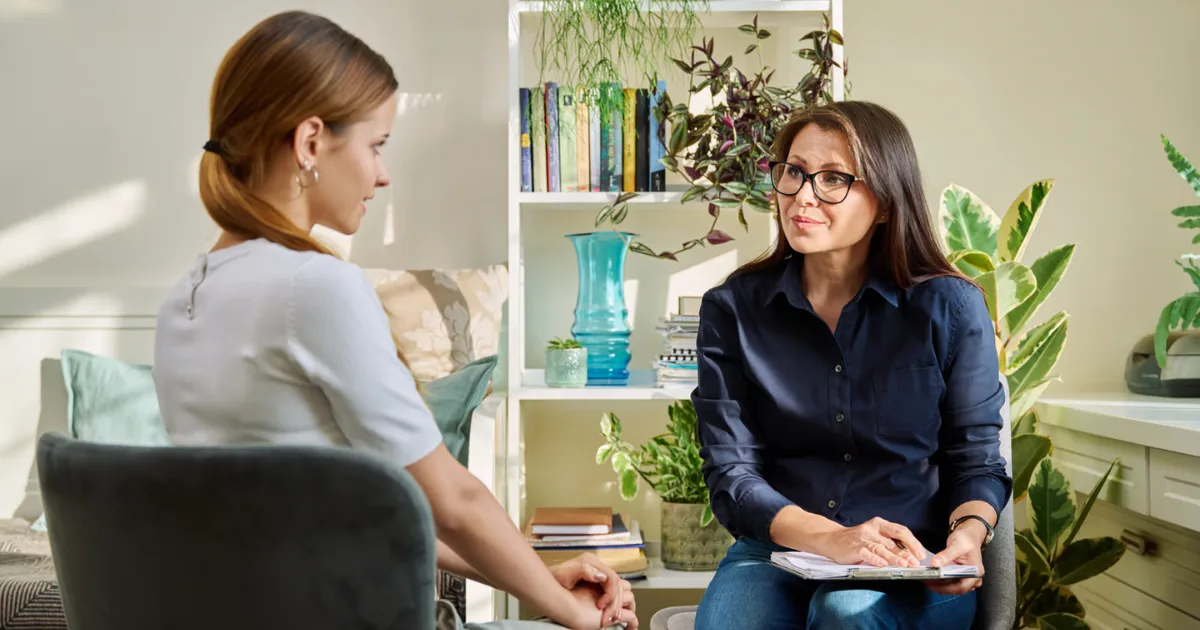Domestic violence remains a deep-rooted problem in South Africa, and it is regarded as a serious social evil. South Africa has one of the highest incidences of domestic violence of any country worldwide. Every day, women are murdered, physically and sexually assaulted, threatened and humiliated by their partners, within their own homes.
The most significant risk factors which lead to incidents of domestic violence include social and economic inequality, frustrated masculinity, lack of social cohesion, alcohol and firearms. Research has also confirmed that the factors that drive intimate partner violence include gender inequality, childhood emotional abuse and neglect, frequent arguing with a partner, depression, and gender norms that support men’s use of violence.
Whilst as South Africa’s we are inundated with reports of domestic violence cases almost daily, the reality is, most often than not, that the victims are not known to us as individuals. What hits home though is when a victim is a close relative, friend or co-worker. The true effects of domestic violence and the horrific injuries, emotional turmoil, and psychological damage which a victim is subjected to, most often at the hands of the one she trusts, loves and cares for, is devastating.
The Domestic Violence Act, 1998 (Act 116 of 1998) was enacted with the main purpose to afford the victims of domestic violence maximum protection from domestic abuse that the law can provide. Any person who is a victim of an act of domestic violence may apply to a court for a protection order. An application may also be brought by any person who has a material interest in the wellbeing of a complainant Any unassisted minor or any person on behalf of a minor may apply for a protection order. A protection order is valid for life and is enforceable throughout South Africa.
The increase in domestic violence against women in South Africa must be dealt with urgently with measures embedded in economic support and stimulus packages that meet the gravity and scale of the challenge and reflect the needs of women who are faced with these horrendous forms of abuse and assault.
For direct answers to your specific personal questions, please contact us directly.
Read more about our domestic violence services.
Author – Kate Bailey – Hill





